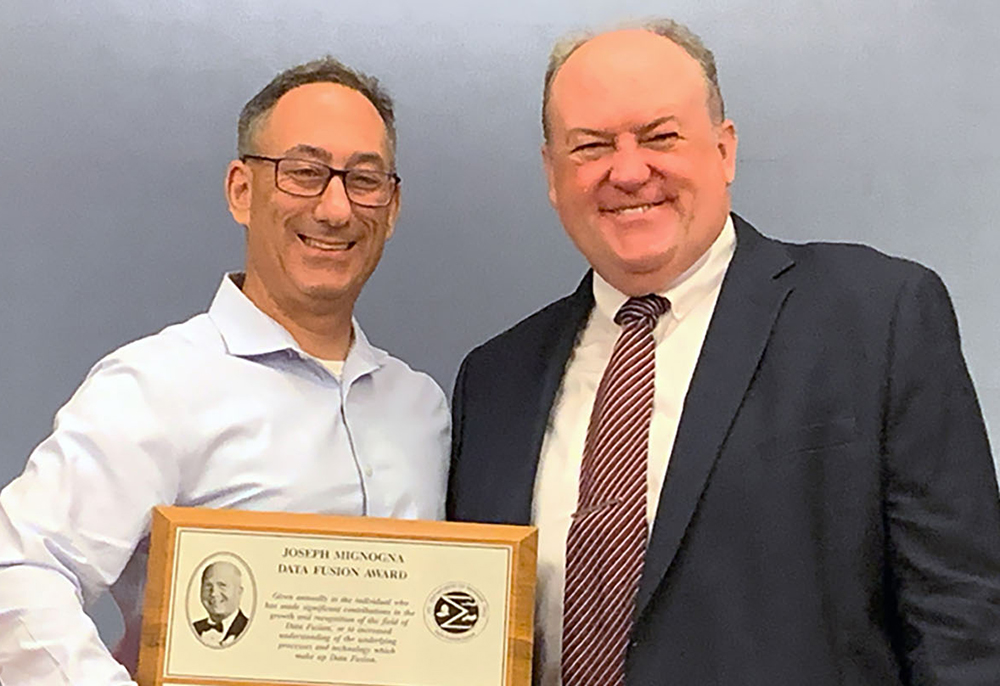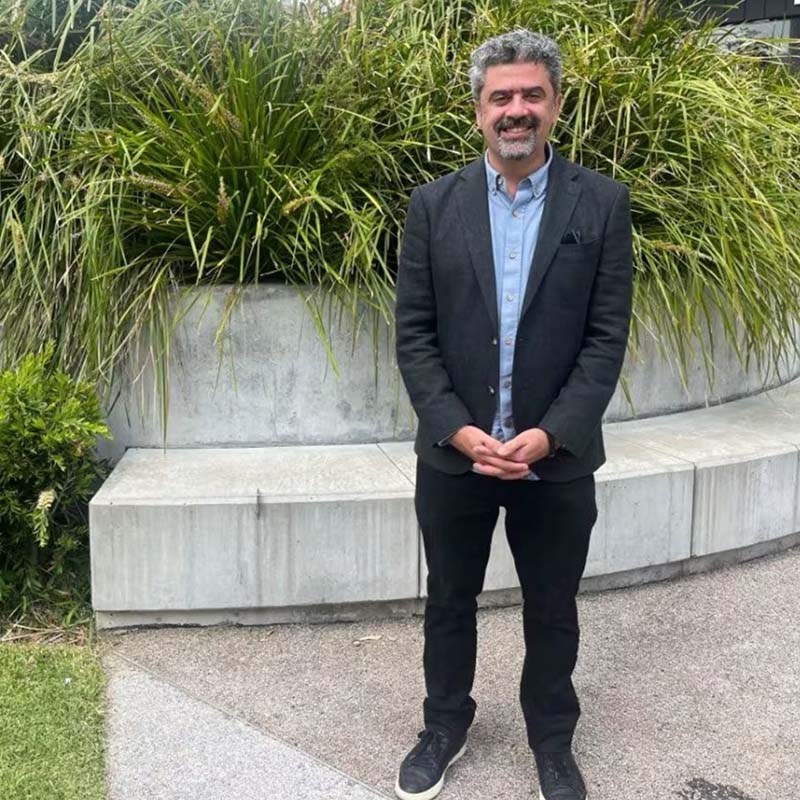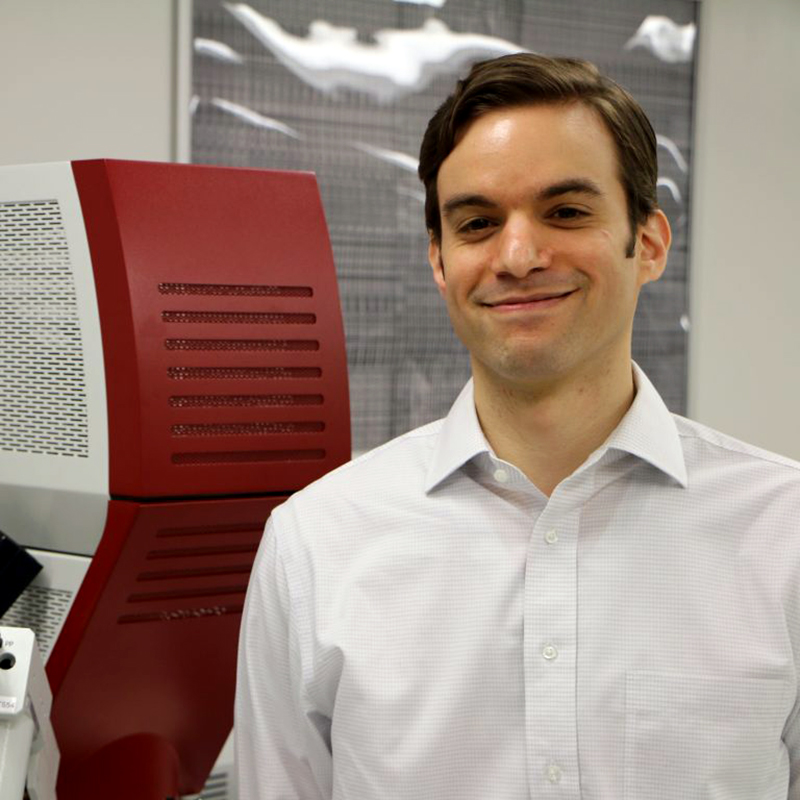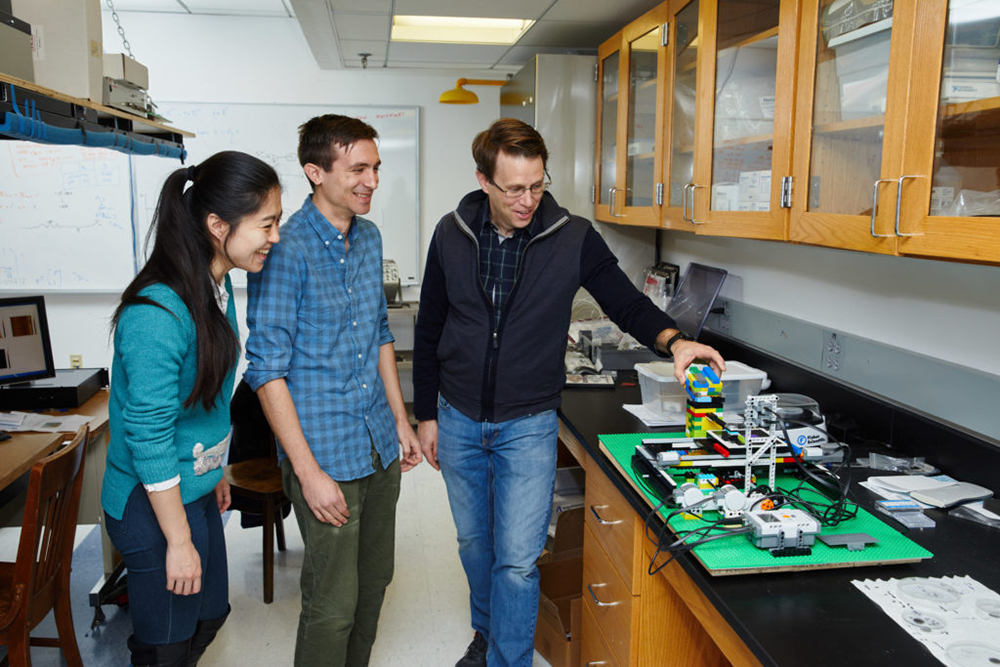News Story
ISR researchers win additional $948K NSF Neural and Cognitive Systems grant
ISR researchers have won a third grant in the National Science Foundation’s Integrative Strategies for Understanding Neural and Cognitive Systems (NCS) program awards announced on Aug. 8.
ISR-affiliated Professor Cynthia Moss (Johns Hopkins University), ISR Assistant Research Scientist Susanne Sterbing-D’Angelo, alumna and Associate Professor Mounya Elhilali (ECE Ph.D. 2004), and Professor Rajat Mittal received $948K in funding for “Active Listening and Attention in 3D Natural Scenes.” The work, which will be conducted at Johns Hopkins University, leverages innovative engineering tools, cutting-edge neuroscience methods and neuroethological modeling to pursue a multidisciplinary investigation of dynamic feedback between 3D scene representation, attention and action-selection.
ISR faculty also are involved in two other grants just announced in the program.
Professor Jonathan Simon (ECE/Biology/ISR) and ISR-affiliated Assistant Professor Behtash Babadi (ECE) have received a $900,000 grant for research that will take advantage of recent technological advances in noninvasive neuroimaging to learn more about how the brain’s neural mechanisms work in adaptive auditory processing.
Associate Professor Sarah Bergbreiter (ME/ISR) and two colleagues from Northwestern University, Professor L. Catherine Brinson and Professor Mitra Hartmann, were awarded a $1,000,000 grant to better understand how animals gather information through the sense of touch and then use this information to perform complex behaviors. At Maryland, Bergbreiter will be developing artificial, modular, reconfigurable whiskers that imitate the functions of animal whiskers. The University of Maryland’s portion of the grant is $320,000.
About the NSF Neural and Cognitive Science Program
These NSF awards have been issued to U.S. cross-disciplinary teams to conduct innovative research focused on neural and cognitive systems. The awards contribute to NSF’s investments in fundamental brain research, in particular support of Understanding the Brain and the BRAIN Initiative, a coordinated research effort that seeks to accelerate the development of new neurotechnologies.
"It takes insight and courage to tackle these problems," said Ken Whang, NSF program director in the Computer and Information Science and Engineering Directorate (CISE). "These teams are combining their expertise to try to forge new paths forward on some of the most complex and important challenges of understanding the brain. They are posing problems in new ways, taking intellectual and technical risks that have huge potential payoff."
Published August 9, 2017









